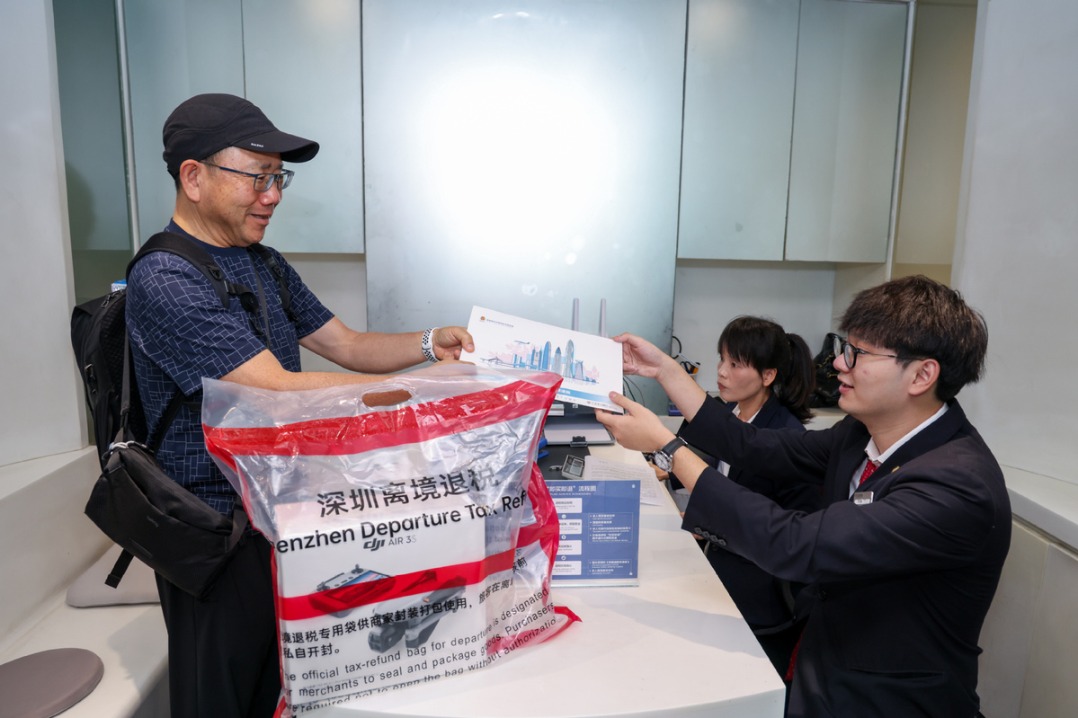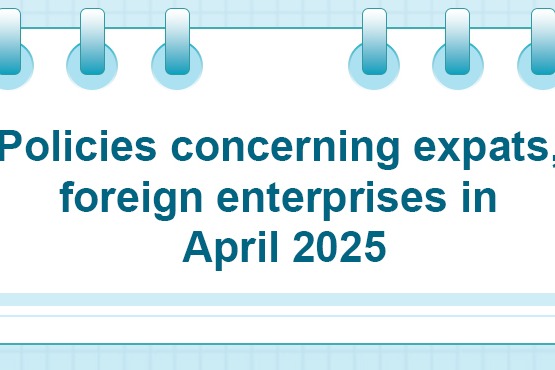More support for private enterprises


The recently released 26 measures in Shanghai to support the high-quality development of private enterprises have addressed companies' most urgent needs by improving government services, which is conducive to boosting companies' confidence and stabilizing their expectations, said local officials and experts.
They made the comments during a news conference in mid-April. According to Wu Wei, Shanghai's executive vice-mayor, the new measures have touched upon six major areas.
They include further improving the overall development environment, completing policy support for private companies' investment and financing, solving problems of arrear payments to private companies, better protecting the legal rights and interests of private companies and their owners, encouraging innovation as well as strengthening government support for these companies.
More specifically, private enterprises will be better guided to participate in the construction and management of transportation, energy, and affordable housing projects. They will be supported to leverage the low-carbon transformation projects related to green fuel or the circular economy.
Private enterprises are also encouraged to take part in the city's major projects in strategic emerging industries, while financing channels for private enterprises should be expanded.
They are also encouraged to make mergers and acquisitions in projects related to the development of new quality productive forces or those focusing on the upgrading of traditional industries.
They are supported to conduct market value management via stock buybacks and shareholders' increased holding. Government investment funds and industrial funds are also encouraged to invest in privately-invested projects, according to the new measures.
Zhou Xiaoquan, executive deputy director of Shanghai Municipal Bureau of Finance, said at the news conference that much progress has been made regarding the measures issued in October to address the financing difficulties frequently faced by small and medium-sized enterprises.
By the end of 2024, the balance of bank loans rendered to private enterprises reached 3.2 trillion yuan ($440 billion), up 10 percent year-on-year. The average interest rate for the loans issued throughout last year was 3.48 percent, 0.47 percentage points lower than that at the beginning of 2024, according to Zhou.
Local government bodies have recently come out with exchange rate hedging guarantee credit enhancement products to help foreign trade companies better cope with market volatility, he added.
He Wanpeng, chief of the Shanghai Qiantan Emerging Industry Research Institute, said the new measures have played an important role in "clearing up misunderstandings".
"There has been some misunderstanding about the ecosystem of the private economy in Shanghai. Some falsely believed that Shanghai has not attached as much importance to private enterprises. But the truth is, Shanghai is home to a large number of private enterprises, which have achieved rapid growth here," said He.
Xia Qingmei, deputy general manager of OBiO Technology, also attended the news conference. The new measures related to financing have attracted most of her attention.
"Mainly serving the domestic market, OBiO specializes in gene and cell therapy. The new measures have given us more confidence in focusing on our prime operations in Shanghai, where we have already grown from a very small scale to a listed company," she said.
Gu Jun, head of the Shanghai Municipal Development & Reform Commission, said that private enterprises have served as an important economic driver for Shanghai.
These companies created about 75 percent of the city's new job opportunities last year. They accounted for nearly 30 percent of Shanghai's industrial output and fixed asset investment.




































